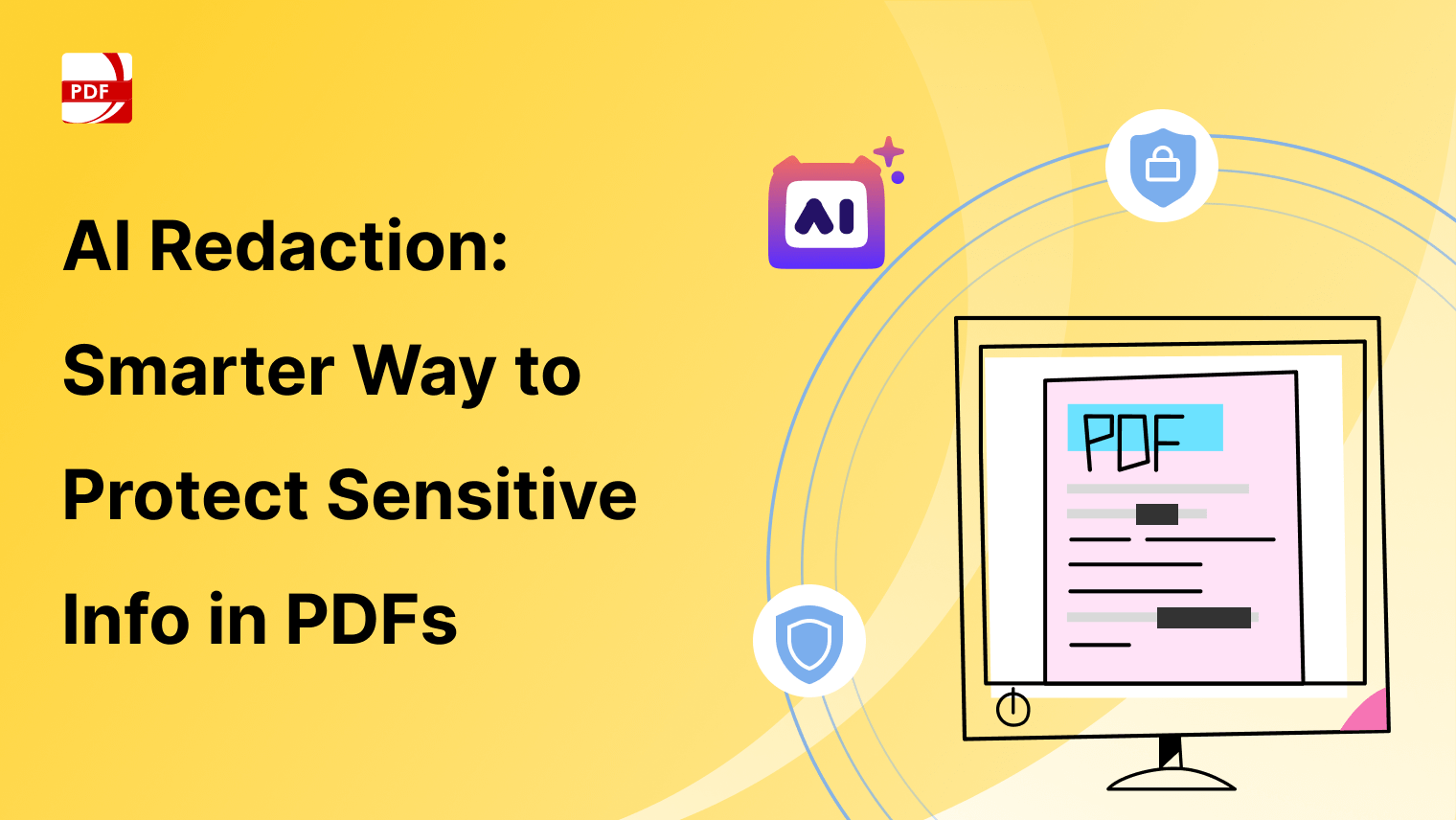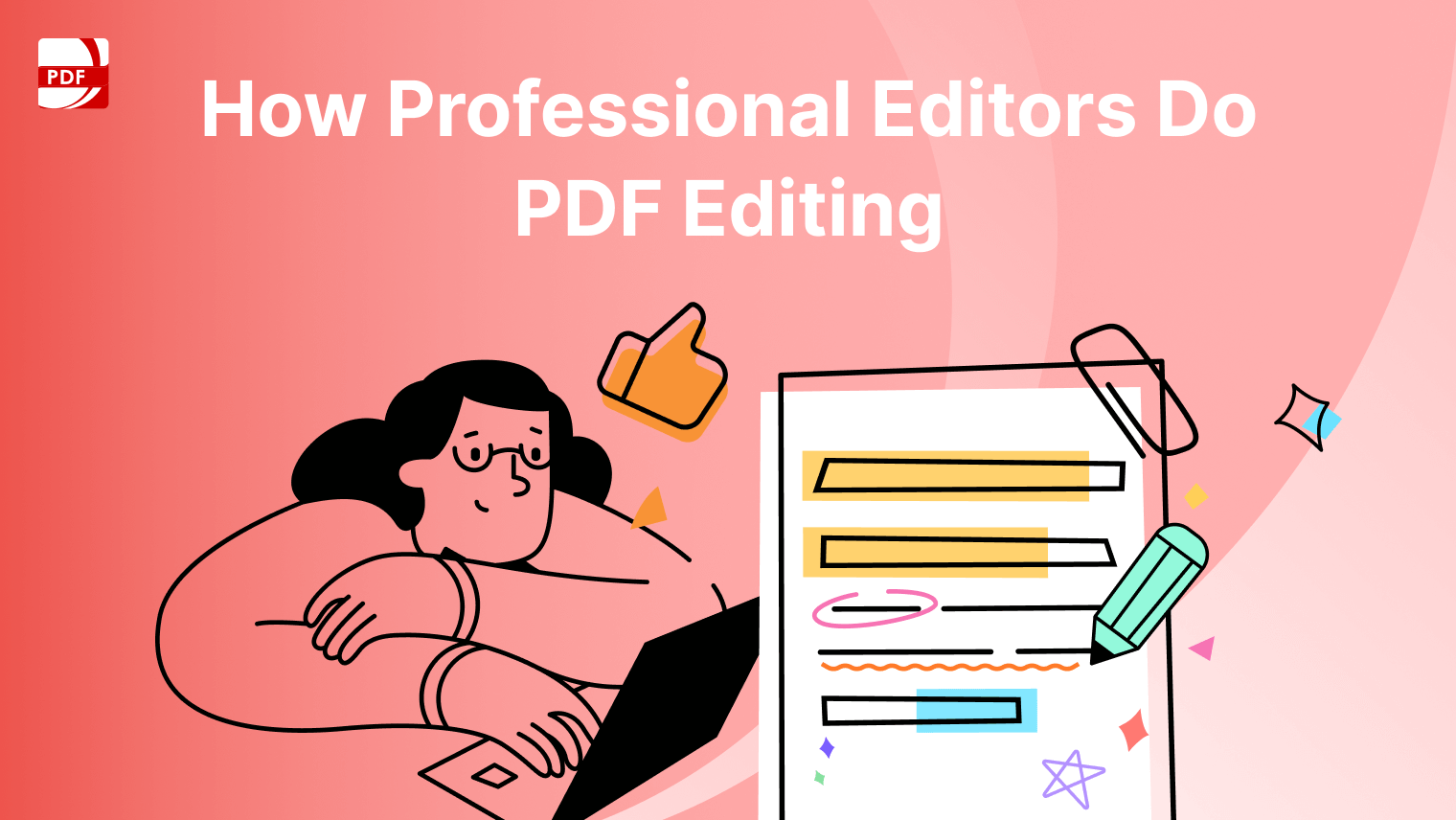Writing a letter of recommendation is a valuable way to support someone's career, academic, or personal aspirations.
It's a document that speaks to an individual's abilities, achievements, and character from a perspective of trust and authority.
This guide aims to walk you through the process of crafting an effective letter of recommendation.
What is a Letter of Recommendation?
A letter of recommendation plays a critical role in various professional and academic settings.
Understanding its purpose is key to crafting a letter that effectively supports the individual’s aspirations.
It’s always a great joy to see someone you signed a letter of recommendation for, move the “desired” all the way to graduation.
It was hard work but you have done it.
Congratulations @WinfredMutinda6 https://t.co/ZBYfI0XvAc pic.twitter.com/t6gWOuzs6l
— Dr. Eng. John Mativo (@MativoMJohn) November 12, 2023
Here are some crucial points to consider:
-
Endorsement of Skills and Abilities: At its core, a letter of recommendation serves as a personal endorsement of an individual's skills, abilities, and accomplishments. It provides a third-party perspective on their competencies, often highlighting qualities that may not be immediately evident from resumes or applications alone.
-
Validation of Character and Work Ethic: Beyond technical skills or academic prowess, a recommendation letter can offer insights into the character and work ethic of the individual. It can speak to their reliability, dedication, teamwork, leadership, and other personal attributes that are crucial in professional and academic environments.
-
Influencing Decisions: These letters are often a deciding factor in employment, academic admissions, or award considerations. A well-written recommendation can significantly influence a decision-maker's view, tipping the scales in the candidate's favor.
-
Providing Contextual Insight: A recommendation letter can also provide context to a candidate’s past experiences. It can explain how they approached challenges, contributed to projects, or overcame obstacles, offering a more comprehensive view of their capabilities and potential.
-
Supporting Career and Academic Progression: For many, a recommendation letter is a key element in advancing their careers or academic pursuits. It can open doors to new job opportunities, educational programs, scholarships, internships, and other professional advancements.
-
Establishing Credibility: The credibility of the person writing the letter is as important as the content. A letter from a respected professional, educator, or industry leader can add significant weight to the recommendation, reflecting positively on the candidate’s reputation and potential.
-
Creating a Lasting Impression: A well-crafted letter of recommendation can leave a lasting impression on its readers. It not only highlights the candidate's past achievements but also sheds light on their future potential, making it a powerful tool in shaping their professional or academic journey.
Understanding these aspects of a recommendation letter's purpose is essential in writing an effective and impactful document.
10 Powerful Recommendation Letters Sample that you can use as a draft for writing your recommendation letter for your recommender’s review.
1: Recommendation for Mastercard Scholarship https://t.co/QmaeYDlZdm
2: University of California, Berkeley https://t.co/X4YfoxoFoh
3:… pic.twitter.com/3qYpCVOdca
— 🇸🇪NEXTSTEPWITHCHERRY🇵🇹 (@Cherrychristie2) November 7, 2023
It’s not just about endorsing a candidate; it’s about providing a meaningful narrative that supports their aspirations and goals.
Feel free to check out our MBA Recommendation Letter PDF template for additional guidance.
Key Elements of a Letter of Recommendation
1. Start with a Formal Introduction
Introduce yourself and describe your relationship with the recommendee at the beginning of the letter. This sets the stage for your endorsement and establishes your authority and credibility.
2. Detail Specific Examples
Include specific instances or achievements that highlight the individual's skills and abilities. Whether it's a successful project, academic achievement, or a demonstration of unique qualities, these examples provide concrete evidence of their capabilities.
3. Emphasize Relevant Qualities
Focus on attributes that are essential for the role or opportunity they are pursuing. For instance, highlight leadership skills for a management position or creativity for artistic endeavors.
4. Conclude with a Confident Endorsement
Finish the letter with a strong and enthusiastic recommendation. Express your confidence in the individual’s abilities and your belief in their suitability for the opportunity.
How to get a Recommendation / Reference Letter for international scholarships? (Free template!)
Most of the international universities demand a recommendation letter before admitting a student on scholarship. pic.twitter.com/HwT7vPfXar
— Pakscience (@paksciencepk) November 5, 2023
Unlock the secrets to crafting a compelling Motivational Letter with our expert tips and advice.
How to Write a Letter of Recommendation
1. Select a Suitable Format
Choose a professional format for the letter. A well-structured layout with a clear header, introduction, body, and conclusion makes the letter more readable and impactful.
2. Customize with Personal Insights
Personalize the letter with specific details about the individual. Tailor your examples and endorsements to reflect their unique strengths and contributions.
3. Maintain Professionalism
Ensure the tone of the letter is respectful, positive, and professional. Clarity and conciseness are key, so keep your language clear and to the point.
4. Review and Refine
Edit and proofread the letter to ensure it is free of errors. A well-written letter not only reflects well on the individual but also on you as the recommender.
5. Save and Share Appropriately
Once your letter is complete, save it in a professional format, such as PDF, and share it securely with the appropriate parties, whether via email or other means.
🎓 College Admission Tip: How To Get A Strong Letter Of Recommendation by Prep Expert Founder Dr. Shaan Patel, MD, MBA #College #Scholarships #SAT #ACT #TestPrep #SATPrep #ACTPrep #CollegeAdmissions pic.twitter.com/1lx4wqupea
— Prep Expert Test Preparation (@Prep_Expert) November 8, 2023
Letter of Recommendation PDF Template
For those tasked with writing a letter of recommendation, PDF Reader Pro offers a convenient and user-friendly "Letter of Recommendation PDF Template."
This template is designed to simplify the process of drafting a compelling and professional recommendation letter.
What are the Different Types of Recommendation Letters?
Recommendation letters come in various types, each designed to suit specific purposes and audiences. The effectiveness of these letters often hinges on how well the letter writer understands and addresses the unique requirements of each type.
Here are some common types of recommendation letters:
Academic Recommendation Letters
These letters are pivotal in the admissions process for colleges and universities.
Written by teachers, college counselors, or academic mentors, they focus on a student's academic community involvement, contributions in class, and analytical ability.
A strong recommendation letter for an honors program or academic success program might highlight the student's exceptional understanding of abstract ideas or their contributions to class discussions.
Professional Recommendation Letters
Used in the job application process, these letters are typically written by supervisors, colleagues, or even clients.
They might describe the individual's incredible ability to develop innovative marketing strategies, their leadership in a food restaurant, or their contributions to a significant project.
The letter writer should emphasize qualities like teamwork, leadership, and specific professional achievements.
Character Reference Letters
Character reference letters are more personal and are often used for volunteer roles, community positions, or certain legal situations.
They should provide insights into the individual's character, including their sense of humor, integrity, and involvement in the common community or specific groups like an evangelical community.
Narrative Letters
These letters tell a story about the individual, providing a comprehensive view of their qualities.
Whether it's detailing the journey of an adult full-time fast food worker who's transitioning to a new career or a talented student's growth, narrative letters offer a deeper understanding of the person's experiences and character.
Letters for Specific Audiences
Some recommendation letters are tailored for specific groups, such as an admissions committee, a dean of admissions, or a board of directors.
For example, a letter for a college admissions process may focus on a student's unique qualities, like their analytical ability in English class or their leadership in extracurricular activities.
Letters Highlighting Specific Qualities
These letters emphasize particular qualities of an individual, which might be pertinent to the role or opportunity they are pursuing.
For instance, a letter might focus on a candidate's aptitude for math, their incredible ability to generate clever ideas, or their in-depth human knowledge.
In all types, the strength of a recommendation letter lies in its authenticity and how well the letter writer conveys the candidate's suitability for the opportunity.
Utilizing sample letters or a letter of recommendation template can be beneficial, but personalizing the content to reflect genuine experiences with the candidate is crucial for a strong recommendation letter.
Be sure to explore our selection of LinkedIn recommendation examples for further inspiration.
How to Write a Letter of Recommendation: Best Practices
A letter of recommendation should serve as a reliable testament to the individual's skills, achievements, and personal qualities.
Whether it's for school students applying to an honors program, professionals aspiring to join a board of directors, or other scenarios, the letter should clearly and positively present the candidate's abilities.
Highlighting Personal Qualities and Achievements
Focus on the individual's personal qualities, such as leadership skills, teamwork, or dedication, and their specific achievements. This could include contributions to extracurricular activities, innovative marketing strategies, or notable academic prowess. Specific examples offer a vivid picture of the candidate's capabilities.
Using a Detailed Letter Format
An effective letter of recommendation should follow a structured format, starting with an introduction, detailing the candidate's qualifications in the body, and ending with a strong conclusion. This organization aids in readability and ensures that key points are communicated effectively.
Providing Specific Examples
Real-life instances where the candidate has demonstrated exceptional qualities or achievements add credibility and depth to your letter. Whether it's a teacher discussing a student's academic excellence or a manager highlighting an employee's exceptional contributions, concrete examples are impactful.
Tailoring the Letter to the Opportunity
Customize the letter to align with the specific opportunity or program the candidate is pursuing. Highlight academic achievements and intellectual prowess for college applications, and focus on relevant professional skills and experiences for job applications.
Using Samples and Templates for Guidance
Refer to sample letters or templates available in resources like Google Docs for structure and format guidance. However, personalize the content to genuinely reflect your perspective and assessment of the candidate.
Offering a Strong Recommendation
Conclude with a strong, unequivocal endorsement of the candidate. A compelling recommendation letter confidently supports the candidate's suitability for the opportunity.
Checking for Clarity and Correctness
Ensure that the letter is clear, well-written, and free from grammatical errors. A polished and error-free letter reflects positively on both the writer and the candidate.
By adhering to these best practices, your letter of recommendation can significantly influence the candidate's chances in academic or professional endeavors. Your detailed and thoughtful endorsement can be a crucial factor in their success.
How to Write a Letter of Recommendation: FAQ
What is the difference between a letter of recommendation and a cover letter?
A letter of recommendation is a document written by someone else to endorse an individual's skills, character, and achievements, often for academic or job applications. A cover letter, on the other hand, is written by the applicant themselves, detailing their qualifications and interest in a specific position or program.
How detailed should a letter of recommendation be?
A detailed letter of recommendation should provide specific examples and anecdotes that illustrate the candidate's qualifications and personal attributes. It should offer insights into their capabilities, going beyond just their resume or academic record.
What makes a letter of recommendation strong?
A strong letter of recommendation provides a compelling and sincere endorsement of the candidate. It includes specific examples of the candidate's achievements and a clear statement about why they are suited for the particular opportunity or role.
Can teachers write letters of recommendation for college applications?
Yes, teacher letters are a crucial part of college applications. Teachers can provide insights into a student's academic performance, their contributions in class, and other qualities like their curiosity and engagement with the academic community.
How can a letter of recommendation support the strongest students?
For the strongest students, a letter of recommendation should highlight their exceptional abilities and achievements. It can discuss their intellectual curiosity, leadership in extracurricular activities, and specific instances where they demonstrated exceptional skills.
What should be included for a talented student applying to an honors program?
When recommending a talented student for an honors program, emphasize their academic prowess, breadth of knowledge, and any specific aptitudes, such as an aptitude for math or exceptional writing skills. Also, mention their potential for further growth and contributions to the academic community.
How important is a letter of recommendation in the college application process?
In the college application process, letters of recommendation are extremely important. They provide the admissions office or committee with a third-party perspective on the student's abilities and character, often influencing the decision-making process.
Should a letter of recommendation be tailored for specific roles, like for a board of directors?
Absolutely. When writing a letter for someone applying to a board of directors, focus on their leadership skills, experience in governance, strategic thinking, and any relevant professional accomplishments. Tailoring the letter to the specific role is key.
Can templates from Google Docs be used for writing letters of recommendation?
Templates from Google Docs can be a helpful starting point, especially in terms of letter format. However, the content should be personalized and tailored to reflect the true character and achievements of the individual being recommended.
How can community involvement be highlighted in a letter of recommendation?
To highlight community involvement, discuss the individual’s contributions to community projects, their role in fostering community spirit, and any leadership positions they've held. This shows their ability to engage and contribute positively to a group or cause.
By addressing these questions, you can craft a letter that not only adheres to formal requirements but also effectively supports and enhances the individual’s application for academic or professional opportunities.
Crafting an effective letter of recommendation is an art that requires understanding the nuances of each type of letter and the specific context in which it will be used.
Whether you are a college counselor guiding students through their college admission process, a teacher highlighting the unique qualities of English students, or a professional recommending a colleague for a new opportunity, the key is to provide genuine and insightful information that supports the candidate's application.
A good letter of recommendation sample can serve as a guide, but it's the personalized details and anecdotes that truly make a letter stand out.
These might include stories of a student's ability to grasp abstract ideas in class, their sense of humor, or their contributions to community from day one. A director of college counseling, for instance, might have deep insights into a student's character and academic potential, while a professional colleague might offer a perspective on the individual's skills and contributions in a work setting.
Remember, the effectiveness of a recommendation letter lies in its ability to provide a comprehensive and truthful portrayal of the candidate. Whether it's showcasing a student's clever ideas in college essays, the kindness of a kid in class, or the professional achievements of an adult in the workplace, your letter can be a pivotal factor in helping them achieve their goals.
As you set out to write your recommendation letter, consider the unique qualities and achievements of the individual, and aim to convey these with clarity and sincerity. Your letter not only serves as an endorsement of their abilities but also as a testament to your relationship with them, whether it's formed through office hours, classroom interactions, or professional collaborations. By following these guidelines, you can create a powerful and impactful recommendation letter that opens doors to new opportunities and successes for those you support.


